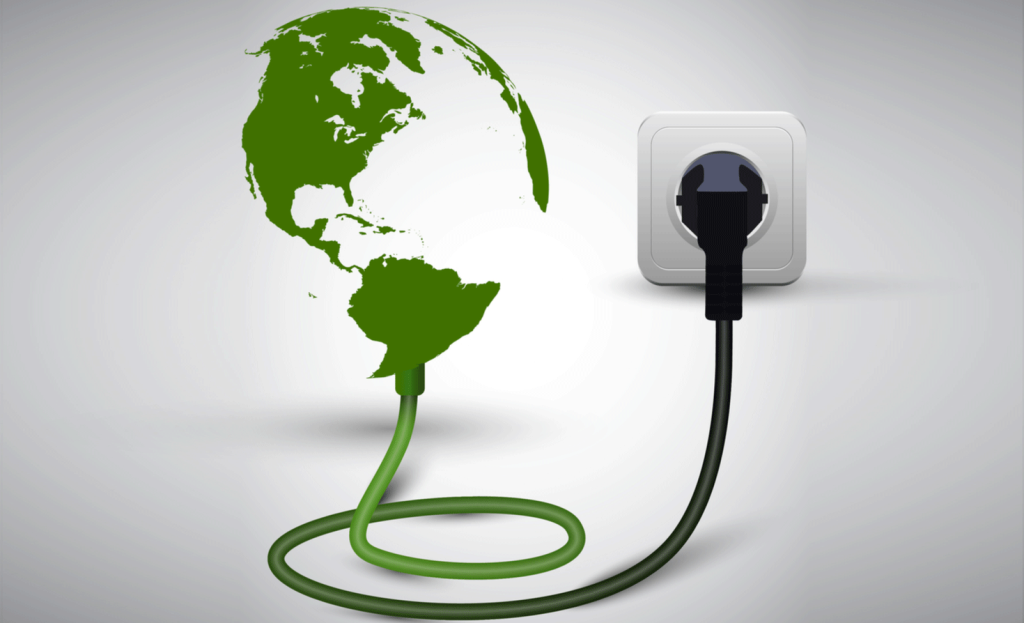
Access to electricity may play a much more significant role in improving economic livelihoods than previously assumed, a new study has found. Stanford University scientists harnessed the power of satellite imagery and artificial intelligence to quantify the impacts such a shift can make — publishing their findings on Wednesday in Nature. Homing in on the country of Uganda and its expanding electricity grid, the researchers saw that financial conditions for populations that gained access to electricity roughly doubled in comparison to those that lacked power.
“We provide first-of-its-kind causal evidence of how electricity access impacts economic well-being at scale across an entire country in Africa,” lead author Nathan Ratledge, a PhD candidate at Stanford’s Doerr School of Sustainability, said in a statement.
The findings come amid the second and final week of the United Nations climate change conference COP27 in Egypt, where countries are negotiating how to increase support for developing countries on the front lines of the climate crisis. If approved by all nations attending COP27, a draft agreement released on Monday would establish funds for “loss and damages,” to pay reparations to such nations.
In Uganda, the country assessed by the Stanford researchers, the electricity grid covered 41 percent of the nation’s land mass as of 2019 — up from 12 percent in 2010, according to the study. But the scientists found that communities granted electricity access witnessed significant changes, evident in the appearance of home construction, appliances and other tangible assets.

